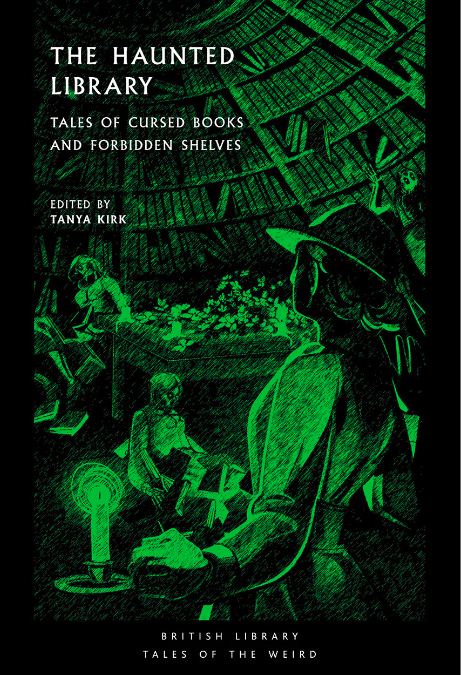I deliberately didn't footnote the sources for this trilogy, as I had hoped it might be sufficiently provocative to Magic Circulistas to encourage a response. That they haven't responded either means:
a. they recognise the sources and are keeping quiet;
b. they have decided that not responding might lead to lack of interest; or, and most likely
c. they have guessed correctly that nobody is going to read this stuff who doesn't agree with it anyway.
I had been very careful to stick to just three sources:
The Worlock Archive by Clifford Longley (2000) - he was allowed to go through Worlock's papers, presumably to prepare a positive accompaniment to the official biography. The book is a revelation for anyone who wants to understand Worlock's metholodology.
Liverpool 1980 (1981) the official report of the NPC which includes all of the pre-Congress material, the documents prepared by the groups, the final report, and The Easter People, as well as a wealth of detail about the
Basil Hume By His Friends (1999): a collection of unctuous hagiography and some Tabletista appreciation of how Hume was one of them, and what he did as one of them, for them.
The conceit was that any attack from the Magic Circle can be met by: "but this comes from something written by one of yours". I've tweeted (from these sources) a couple of Hume and Worlock one-liners on other subjects along the way: things like Worlock writing about the Lay Apostolate: "Unless (the layman) was properly formed and trained for his task, he could be a menace." (5 March 1964) Maybe we could work up an anthology ...
I'm going to start work on something about the Catholic Church in England and Wales and Humanae Vitae. This already overlong trilogy had in draft some knockabout stuff about the way at least one Bishop was happy about one of his priests saying something different in the Confessional from what he was telling them to say in his encyclicals, but I held back, not only to tighten the piece I was writing about how the CBCEW had got its teeth and claws into Catholic Life, but because I still can't rid myself of the notion that no "official Catholic" could be so base, however well documented the baseness appeared to be.
And in less than 24 hours, Catholic Voices told us that we no longer believed in repealing the Abortion Act!
They will ignore me, and that's fair enough. But these are resources for all of us to use to challenge the narrative of the CBCEW and its agents. This blog is not called the Muniment Room for nothing!
.














































9 comments:
There is quite a lot to take in from these three posts and I am not sure I have got my head round it all.
Is the overall idea that there was an attempt to create a local church where ideas could bubble up from the laity and be taken on regardless of whether they conformed to the teachings of the Church? Did the NCP charter really suggest taking a different line on contraception and communion for the divorced and remarried? Were there other clear departures from Church teaching?
It all rather chimes with a recent BBC discussion panel where +VN is congratulated on taking a different local line on homosexuality in comparison with Rome by someone who I suspect represented Stonewall or the National Secular Society.
I wonder though whether Cardinal Hume was quite so committed to this idea as is suggested. Perhaps one day we will get a balanced biography of someone who did come across as a very holy man. I say this because he did, in the end, do battle against the secularisation of the Hospital of St John & St Elizabeth in notable contrast to his successor Cormac. I cannot help feeling that he was a victim of the apparatchiks around him.
Nicolas, my thesis is that a concerted set of actions by a small number of Bishops, priests and lay people created a new administrative structure for the Church in England and Wales. Subsequent episcopal appointments entrenched in power of class of self-renewing same-minded people whose Catholic world view is drawn from a single thread of the rich tapestry of Catholicsm.
I could go a lot further, but that's what comboxes are for.
Couldn't the following also be said;
"my thesis is that a concerted set of actions by a small number of Popes, Cardinals and Bishops created a new administrative structure for the Church Subsequent episcopal appointments entrenched in power of class of self-renewing same-minded people whose Catholic world view is drawn from a single thread of the rich tapestry of Catholicsm." . . . . in order to bring us to our present day situation ?
Contemplative Catholic: You could say that but where is your evidence? Ttony has drawn our attention to a great deal of evidence to illustrate how the Catholic Church in England & Wales has come to be governed as it is to-day. We are left to draw our own conclusions!
Thank you for these impressive posts. A great deal to absorb and am still working at it.
Brilliant! Welcome home!
Hi Ttony... Slightly off topic, but I've tagged you for a quick meme that I'm trying to get started...
;-p
I agree it's a good read. However, the contemporary Vatican beurocracy outshines the E&W bishops of the 1980s in terms of getting their own way. http://ca.news.yahoo.com/monsignors-mutiny-revealed-vatican-leaks-140524856.html
Ttony, sorry for going off-topic but, every few weeks or so, I send historical scrapbooks on the Vatican II changes to those on a mailing list, who had already registered their interest in receiving them. If you or any of your readers would like to receive them, please send me an email at shanesemail2010atgmail.com (replace 'at' with @) and I'll also send some back issues.
Post a Comment